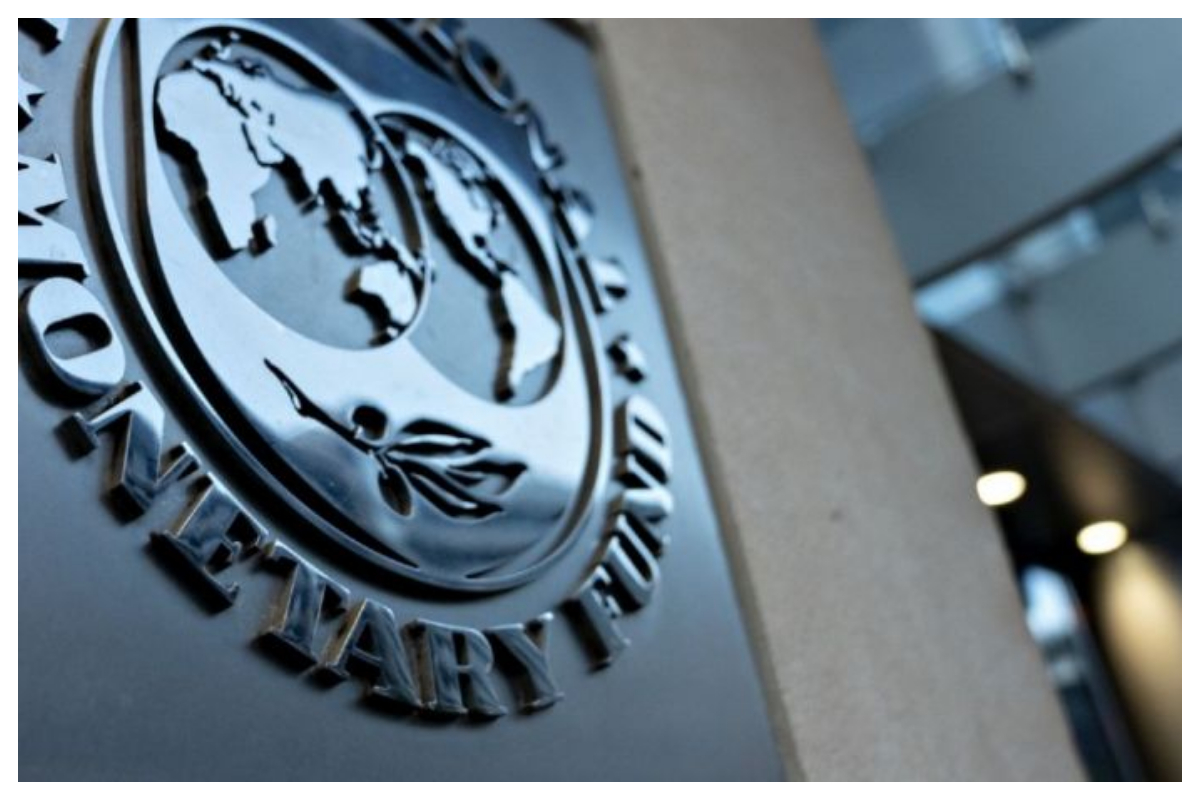- Martin Guzman was tasked with renegotiating a $44 billion debt with the IMF that Argentina insisted it could not afford to repay.
- Despite resistance from Vice President Cristina Kirchner, Guzman managed to agree a deal and save Argentina from defaulting.
- Fernandez’s faction has gone after Guzman over perceived excessive zeal in tackling the budget deficit and his monetary policy.
Economy Minister of Argentina, Martin Guzman, resigned Saturday after leading debt renegotiations with the International Monetary Fund, causing new uncertainty in Latin America’s third-largest economy.
In his statement to President Alberto Fernandez, Guzman did not explain why he resigned, but he urged the center-left leader to heal internal divisions so that “the next minister does not suffer” the same difficulties he did.
“It will be essential that you work on an agreement within the ruling coalition,” he added in the statement shared on Twitter.
His resignation comes two weeks after Vice President Cristina Kirchner, a former president who has been a constant critic of the government, gave a speech attacking Fernandez’s economic management.
Political analyst Carlos Fara told AFP that Guzman’s resignation was “a check mate for the president’s autonomy” and had given Kirchner the upper hand in their power struggle.
“The resignation will have a very bad effect in the markets. Even if the president and vice president reach a consensus on managing the economy, from now on everything will be conditioned by Cristina Kirchner’s pressure.”
[embedpost slug=”queen-transforms-village-into-a-city-in-face-of-argentine-antagonism/”]

